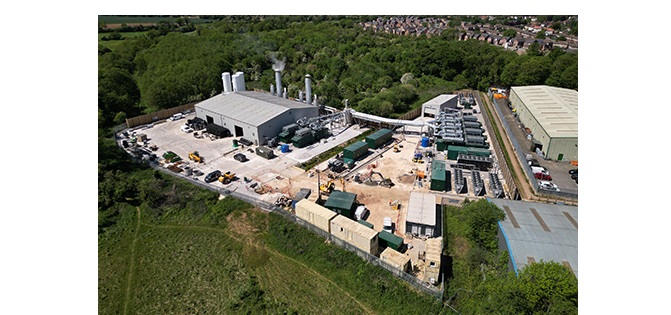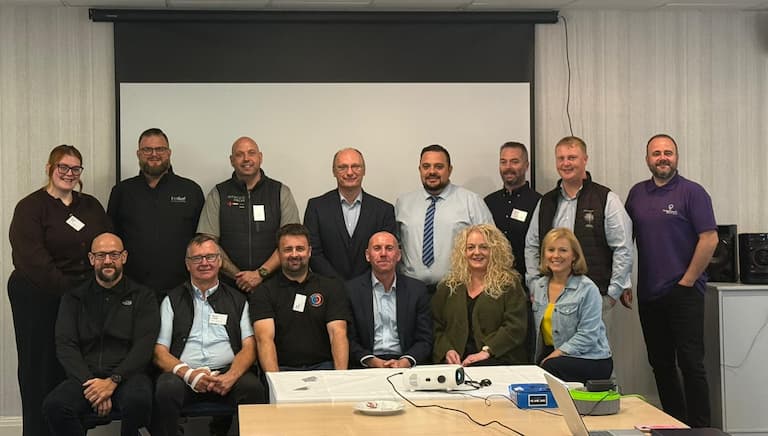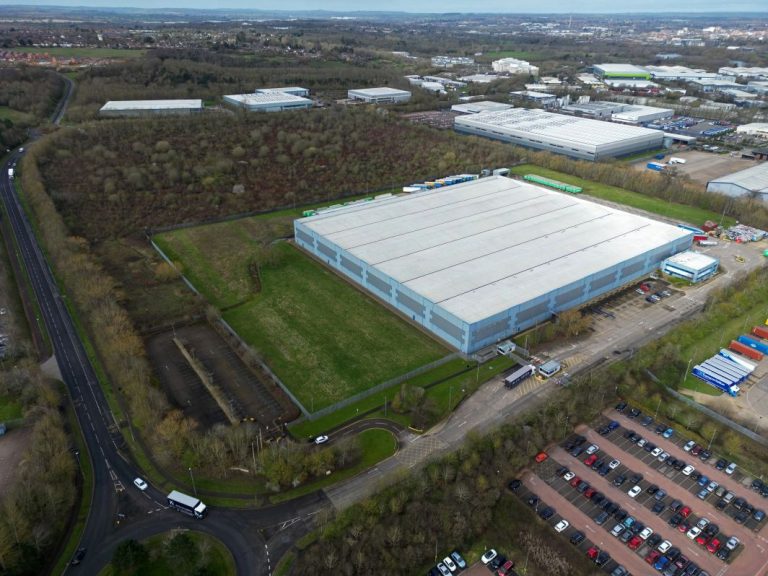LATEST ARTICLES
Rolls-Royce, Landmark and ASCO commission gas engine power plant with CO2 recovery in Worksop
North Lincolnshire businesses drive local skills and community support
Companies in North Lincolnshire are combining efforts to strengthen local talent pipelines and support charitable initiatives.
Through a coordinated network, businesses provide mentoring, career guidance, and practical opportunities for young people, while also directing resources to community projects via a shared charity foundation. These activities are designed to expand workforce readiness and ensure economic growth reaches a wider segment of the local population.
Fifteen organisations are currently participating, with further membership expected. The network facilitates regular collaboration and information sharing, allowing businesses to align community engagement with local economic development objectives.
Weekly meetings are held in Scunthorpe. Interested companies can request participation via email.
Strategic sale of Coverworld to Kingspan completes
Peak District and Derbyshire tourism reaches new heights with record contribution to local economy
Manufacturing output volumes fall in three months to September
Nottingham-based marina infrastructure provider acquired
54-acre logistics site acquired in Northampton
Council drops opposition to Littlethorpe housing development
Blaby District Council has withdrawn its opposition to an outline planning application for 155 homes on farmland off Oak Road in Littlethorpe, Leicestershire.
The scheme, submitted by Gladman Developments Ltd, had previously been refused by the council due to concerns over its impact on the village. Gladman appealed the decision, presenting evidence on the quality and use of the farmland.
Following a four-day appeal hearing, the council decided to discontinue its objection ahead of the Planning Inspectorate’s ruling. The council cited the strength of the developer’s evidence and the potential costs of continuing the defence as factors in its decision.
The outcome clears the way for approval, subject to the Planning Inspectorate’s formal determination.
Coactivation
Coactivation Ltd. – Leading Retrofit Delivery Across the UK
Coactivation Ltd. partners with housing providers across the UK to deliver high-quality, compliant retrofit programmes that cut carbon emissions, improve energy efficiency, and transform residents’ quality of life. Specialists in PAS 2035 wrap-around services, Coactivation supports clients from funding bids and pre-retrofit assessments, through to in-house design, lodgement, and full coordination. This integrated approach reduces risk, ensures compliance, and delivers measurable outcomes at every stage. A standout achievement this year has been playing key roles in the delivery of the Rykneld Homes SHDF Wave 2.1 retrofit programme, where Coactivation provided Retrofit Coordinator, Retrofit Assessor, and Designer services across 660 homes in North-East Derbyshire. The results speak for themselves:- CO₂ savings: 1,511 kg/year per property (total 966,790 kg/year)
- Energy savings: 6,994 kWh/year per property (total 4,475,883 kWh/year)
- Space-heating demand reduction: 79.7 kWh/m²/year per property












